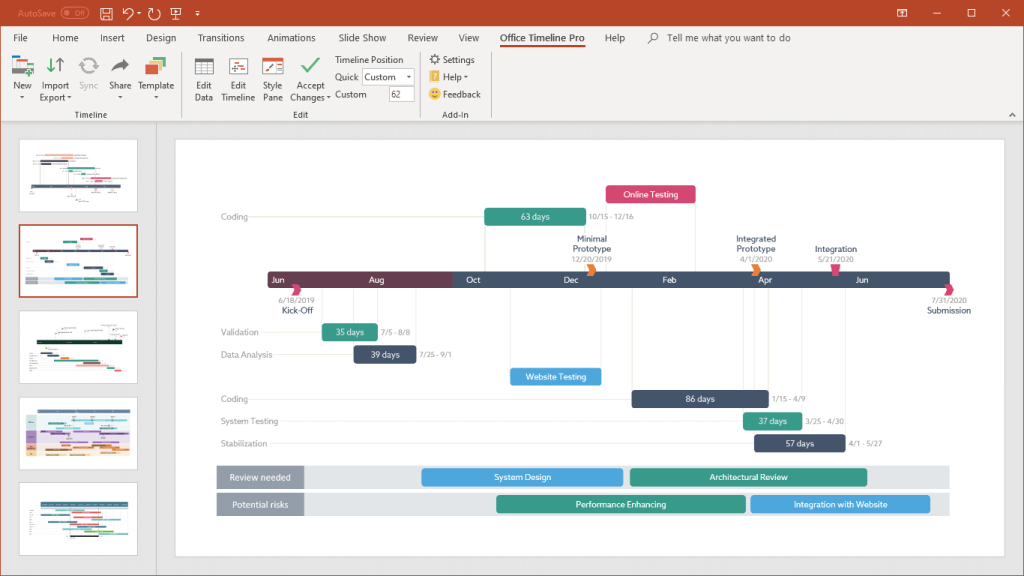
Stress. We all experience it at the work place, particularly when managing projects. Many people say that stress is to be avoided at all costs, but I’ve found that it’s actually an asset when well managed. The secret is to manage stress and not let stress manage you. Here are 6 tips to better manage it:
- Get to know stress – What does it feel like? Do you feel it physically, mentally or emotionally? Is it a pain in your neck or shoulder, a clenched jaw or a feeling of irritability? Become familiar with how stress affects you.
- Become a stress detective – Once you are familiar of how stress affects you, begin to notice when and where it happens. For example, what time of day it is, where you are when it surfaces or who you are with. Try to recognize these as stress zones. A useful tool is to record your stress levels for an entire week. Record where and when you are experiencing stress and try to look for the triggers that are bringing it on.
- Label it – A technique that works well is to simply state “this is stress” when you recognize you are in a stressful moment. When you label a feeling as stress you create a boundary around it. Doing this helps you realize that the stress is actually not something happening to you, but rather a way you are responding to a trigger. Ultimately you will get to the point where you are personifying your stress. For example, internally, you may say “I recognize this as stress. I know how to handle it!”
- Understand the role of stress – Stress is actually a reaction intended to protect us. It is the body’s warning system designed to alert us that things are not in balance. A good analogy is a warning light on your car dashboard. Stress is your body’s way of alerting you that you might need to pay attention to a particular issue.
- Create tactics for handling – There are two tactics to master for stress management. One is learning to avoid it but an even more practical technique is learning how to manage it. The easiest place to start is with some basic physical best practices such as focusing on your diet, exercise, and sleep.
- Managing your body’s response – Studies have proven that meditation techniques can significantly reduce stress. An easy way to start is by taking with a few deep breaths in moments of stress. Inhaling deeply thorough your nostrils and out through your mouth works to send calming messages to your brain, slowing and soothing you. Try a series of three deep breaths before you enter a stress zone.
You can’t always control what happens to you but you can control how you respond. These 6 tips should help you detect stress zones and recognize the stress. Once you have it recognized you are in a better position to manage it.
Quickly turn project data into professional timelines
Build stunning, uncomplicated timelines and Gantt charts that are easy to make and simple to communicate. Get the advanced features of Office Timeline free for 14 days.

Turn project data into professional timelines
Get the advanced features of Office Timeline Pro+ free for 14 days.
Get free trialWhat are your tips for better managing stress? Please share them in the comments section below.